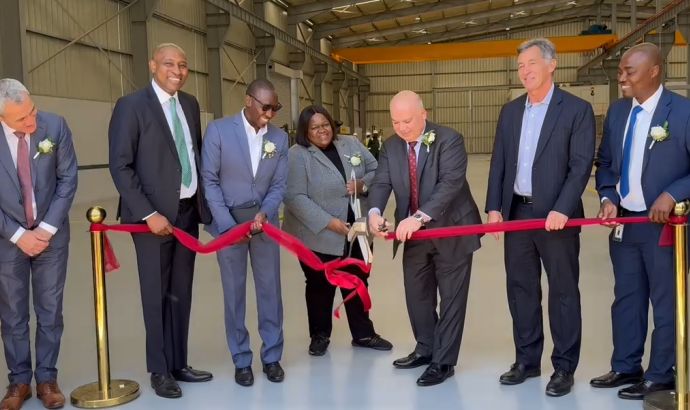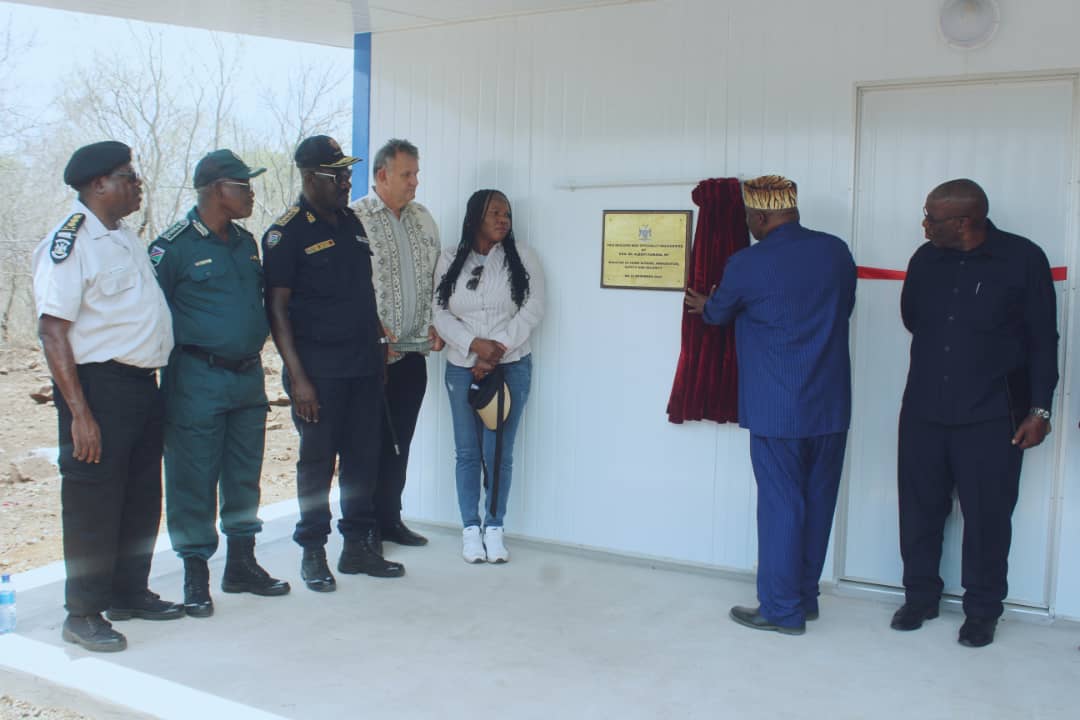Africa has been urged to take advantage of opportunities offered by the African Bank.
Most importantly, this includes the African Continental Free Trade Area, which created a single African market by eliminating trade barriers and fostering intra-African trade.
This is according to finance and public enterprises executive director Titus Ndove, who says studies show by the end of December 2023, intra-African trade was very low, at 14.4% of total African exports.
Speaking at the African Export and Import Bank (Afreximbank) Trade Finance Seminar and Factoring Workshop this week, Ndove said this means trade amounting to around 84% leaves the continent.
Statistics in Namibia indicate that, as of September this year, intra-African exports from Namibia accounted for 52%, Ndove said.
“And imports also are higher, around 52% as well. And this is mainly in the southern African region, in the Southern African Customs Union, the oldest customs union in the world, where really trade takes place more on the relative basis when you compare it to the rest of the continent,” he said.
He further said Africa is reminded of the transformative impact the Afreximbank continues to have across the continent, and that through initiatives like the seminar, the bank has proven itself as a catalyst on the continent for growth and resilience.
“We, therefore, call on each participant to take valuable lessons from this seminar and apply them to drive economic growth and trade within our respective countries across the continent.
By doing so, we can collectively strengthen Africa’s trade landscape and also move closer to the future of enhanced and integrated trade across our continent,” he noted.
Afreximbank executive vice president for the global trade bank Haytham El Maayergi says Africa has the potential to grow when it comes to trade on the continent, using the Europe comparison where the continent’s intra-Africa trade is at 60%.
He said trade does not just support economic activity but also supports agriculture, processing, industrialisation, packaging and supply chains.
“This is our role as trade professionals. It also serves as a vital bridge between the upstream and downstream activities.
The whole thing is much bigger than just trade. We’re changing the economy of a continent. Unfortunately, we need to fully capitalise on this potential. Currently, 80% of African global exports consist of raw material, yielding minimum value addition and insufficient job creation,” he said.
He said some African countries export high-quality raw commodities at low prices, only to import it back at a higher cost.
“The pattern echoes across Africa, and you see it everywhere.
You see a lot of cotton getting exported from countries, and they import the same cotton as very expensive garments back. Oil – gasoline – back. Sugar cane – refined sugar back.
Cocoa beans – and the chocolate is back,” El Maayergi added.
Stay informed with The Namibian – your source for credible journalism. Get in-depth reporting and opinions for
only N$85 a month. Invest in journalism, invest in democracy –
Subscribe Now!






